Laboratory Members

Craig Lowe
Principal Investigator
Craig's background is in computer science, bioinformatics, and developmental genetics, which spans both computational and experimental research. He is a new faculty member in Molecular Genetics and Microbiology, as of June 2018, and is actively recruiting graduate students with interests in better understanding vertebrate animals, how they adapt, and their genetic risk/protection from disease.
CV Google Scholar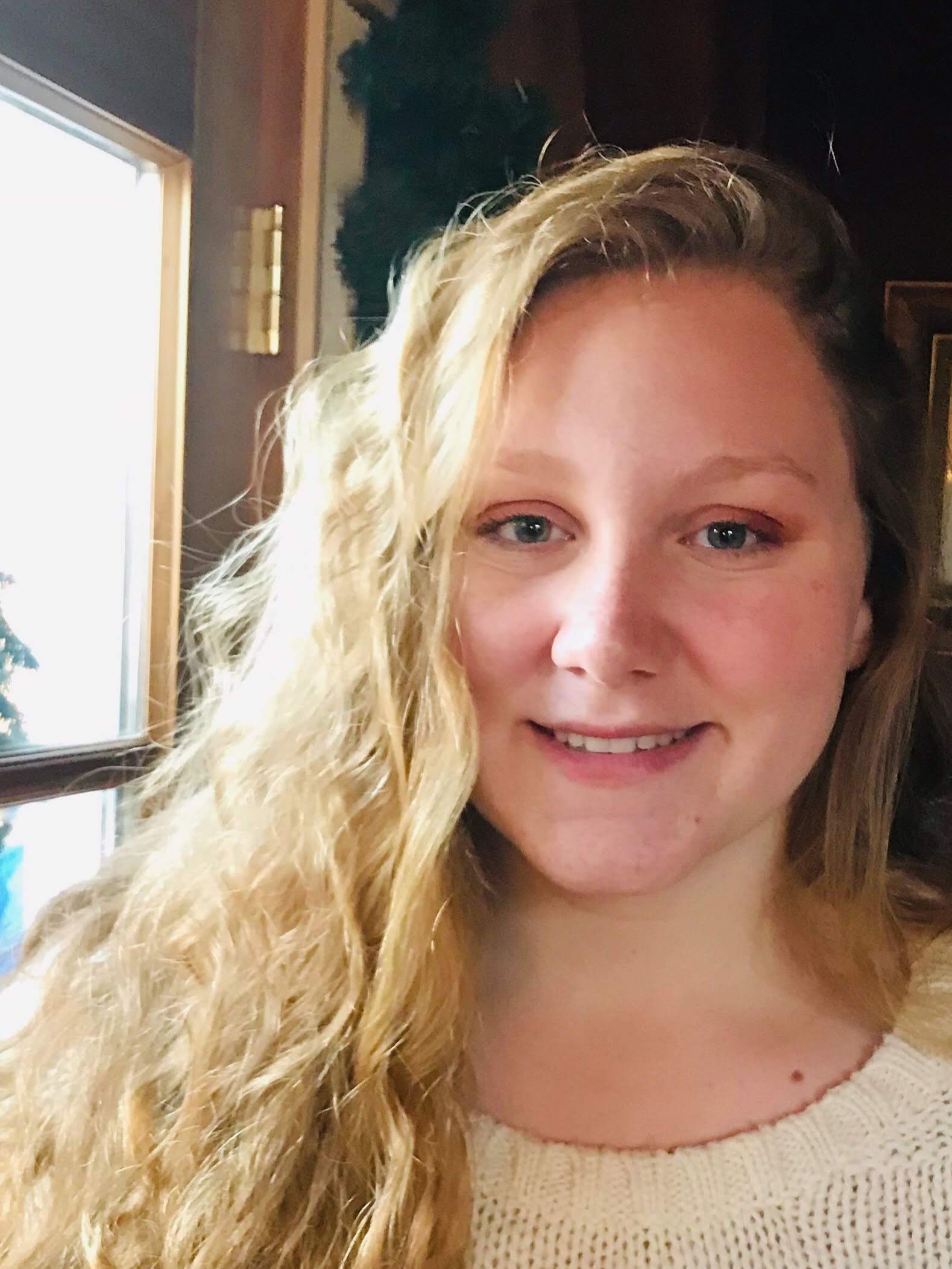
Christiana Fauci
Graduate Student
Christi is a graduate student in the University Program in Genetics and Genomics (UPGG). She is working to understand how cell types evolve, to better understand which changes in cell state may be allowable, or cause disease.

Luke Bartelt
Postdoctoral Researcher
Luke is interested in understanding the molecular mechanisms that connect poly-Q expansions to neurodegeneration, with a focus on Spinocerebellar Ataxia Type 7. Luke is using new genomic techniques to analyze these diseases at the level of single cells.

Seth Weaver
Graduate Student
Seth is a graduate student in the Cell and Molecular Biology graduate program (CMB). He is interested in using cell lines and CRISPR-related technologies to discover the genetic basis of phenotypes unique to humans. He has a particular interest in regions of the genome that are close to telomeres.

Yanting "Raven" Luo
Graduate Student
Raven is a graduate student in the Cell and Molecular Biology graduate program (CMB). She is using both computational and molecular techniques to understand the genetic basis of human-specific phenotypes. She is currently interested in structural variants that separate humans and chimpanzees.
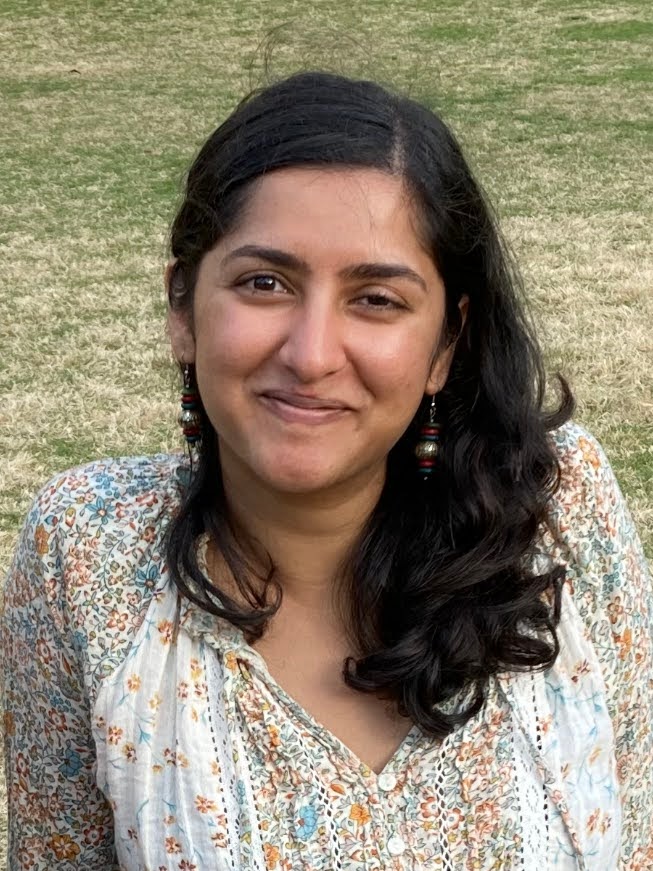
Anushka Katikaneni
Graduate Student
Anushka is a graduate student in the University Program in Genetics and Genomics (UPGG). She is studying how stickleback fish adapt to new environments, focusing on both genetic and phenotypic changes.
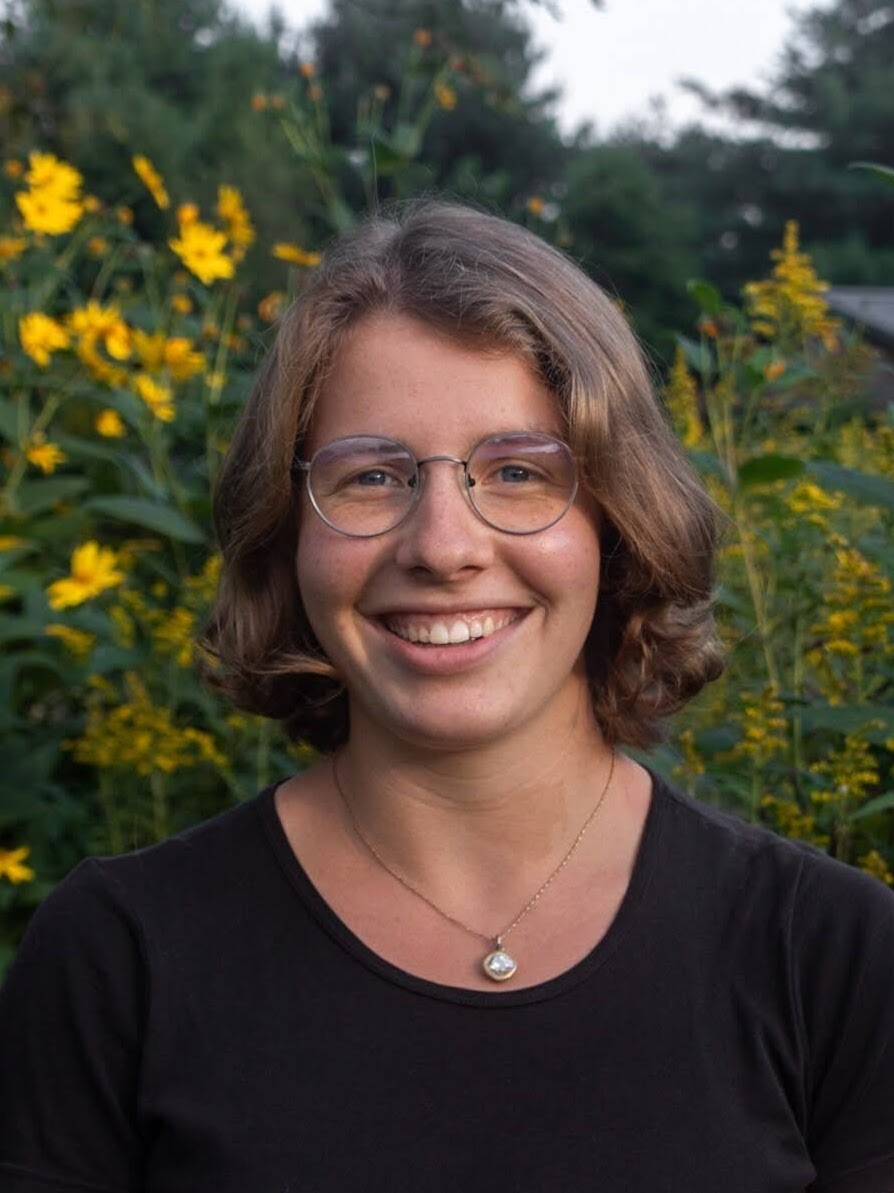
Hailey Napier
Graduate Student
Hailey is a graduate student in the Cell and Molecular Biology graduate program (CMB). She is studying how cell types in the cerebellum evolve and how changes in their transcriptome can lead to disease.

Natalie Dzikowski
Graduate Student
Natalie is a graduate student in the University Program in Genetics and Genomics (UPGG). She is studying how DNA methylation is altered with age in different brain cell types and how genetic changes in the human lineage might impact these methylation patterns.
Former Lab Members

Eric Au
Staff Researcher (2018-2021)
Currently a Software engineer at Mammoth Biosciences
Eric was the first person to join the Vertebrate Genetics Laboratory and was both a Lab Manager and a staff researcher. His background is in applied mathmatics, but he also has over five years of experience working with stickleback fish and had worked in Stanford's Genome Center for a year. Eric worked on new computational frameworks for representing genetic variation within a species. Following his time in lab, Eric was a software at Invitae, Berkeley Lights, and now Mammoth Biosciences.
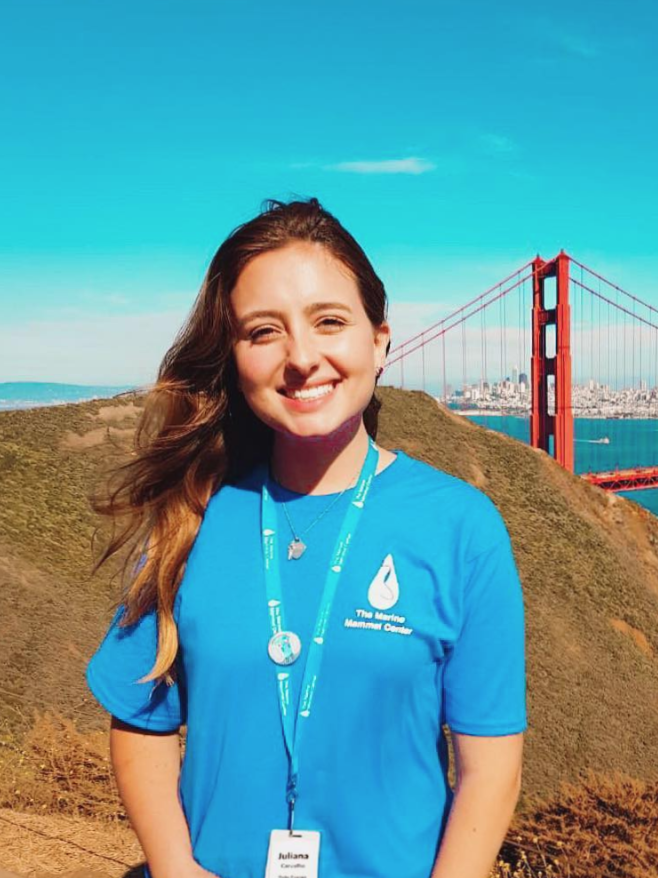
Juliana Carvalho
Staff Researcher (2021)
Currently a Sustainability Associate for Stakeholder Engagement at George Washington University
Juliana was a lab manager and also worked to understand the genetic basis of brain expansion and cognitive abilities across a wide variety of mammals. She has a background in both anthropology and marine biology. Her research combined genomics, neurobiology, and the fossil record. After her time in lab, she was a graduate student in the Nicholas School of the Environment at Duke. Juliana is currently managing the George Washington University Office of Sustainability’s communications and leading the office’s activities around engagement and behavior change on campus, as well as building a culture of sustainability among students, staff, and faculty.

Chelsea Shoben
Graduate Student (2020-2022)
Currently a Data Engineer at Blue Cross Blue Shield
Chelsea graduated with a master's degree in Genetics and Genomics in 2022. Her research was centered on better understanding the most repetitive and difficult-to-analyze regions of the genome. Following her time in lab, Chelsea took a position as a data engineer at Blue Cross Blue Shield.
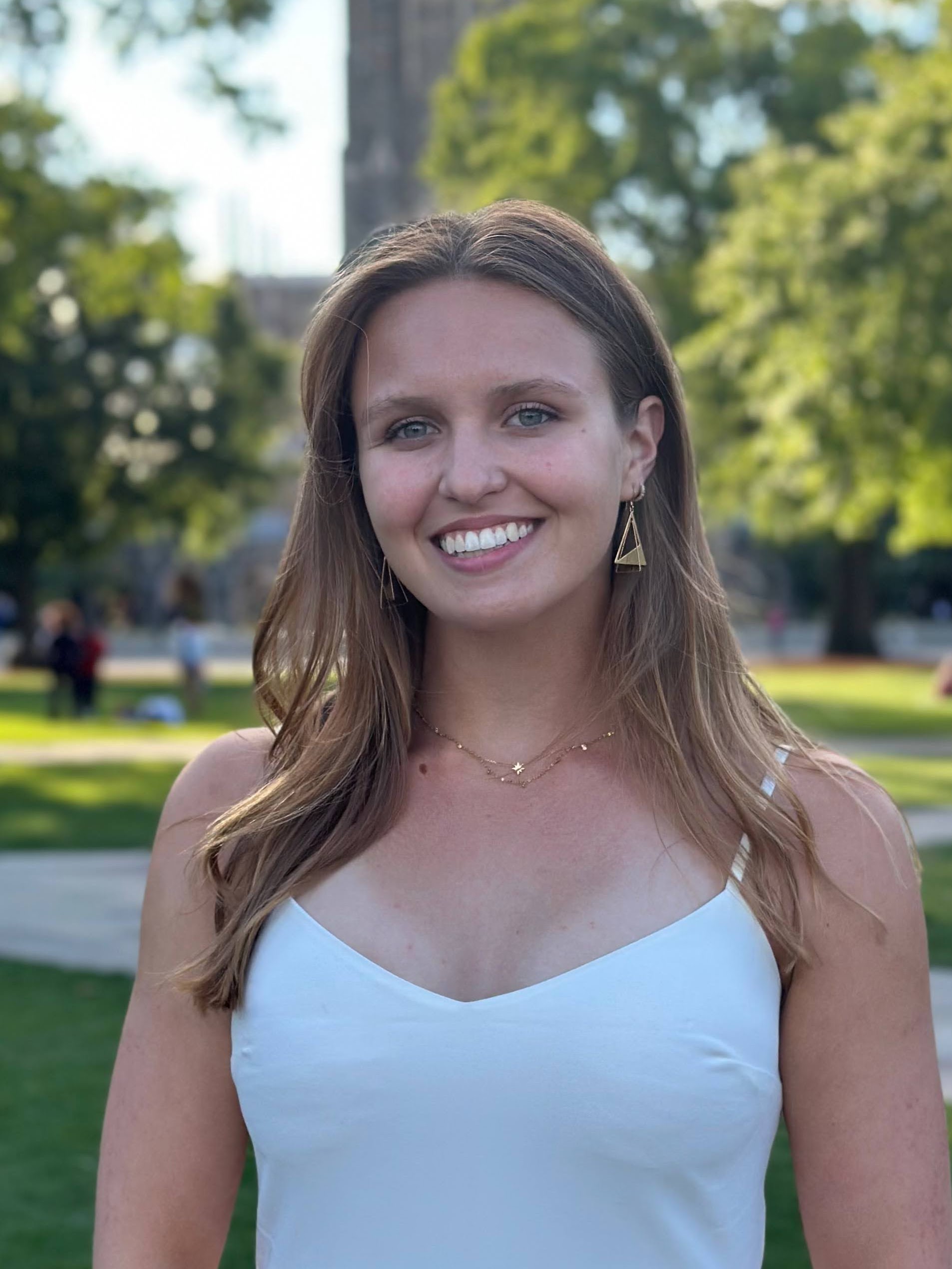
Shae Simpson
Undergraduate Student (2022-2023)
Currently a Research Technician at the Columbia University Irving Medical Center
Shae graduated with a bachelor's degree in Evolutionary Anthropology, with honors. Her research was centered on better understanding how the most divergent regions of the human genome influence disease risk. Shae is currently working in the Gartrell Lab at Columbia studying the immune microenvironment of pediatric tumors using immunogenomics. The goal is to improve the efficacy of immunotherapy for patients based on the character of their specific tumors.

Riley Mangan
Graduate Student (2019-2023)
Currently a Postdoctoral Associate at the Massachusetts Institute of Technology
Riley was a graduate student through the Cell and Molecular Biology (CMB) Program and a graduate of Davidson College. Riley's work combined tools from evolutionary biology, comparative genomics, and developmental neuroscience to study human-unique evolutionary processes and disease mechanisms. Since earning his Ph.D. from Duke in Molecular Genetics and Microbiology, he continues to study human evolutionary genetics in the lab of Manolis Kellis at MIT CSAIL.

Tracey Mirembe
Undergraduate Summer Researcher
Tracey worked to establish CRISPR interference in our lab and investigated how to design guide RNAs to the genome of the cell line being used, instead of the reference genome for that species.

Kat Bendt
Lab Manager and Staff Researcher
Kat has a track-record of keeping labs running smoothly and making everyone around her more productive.